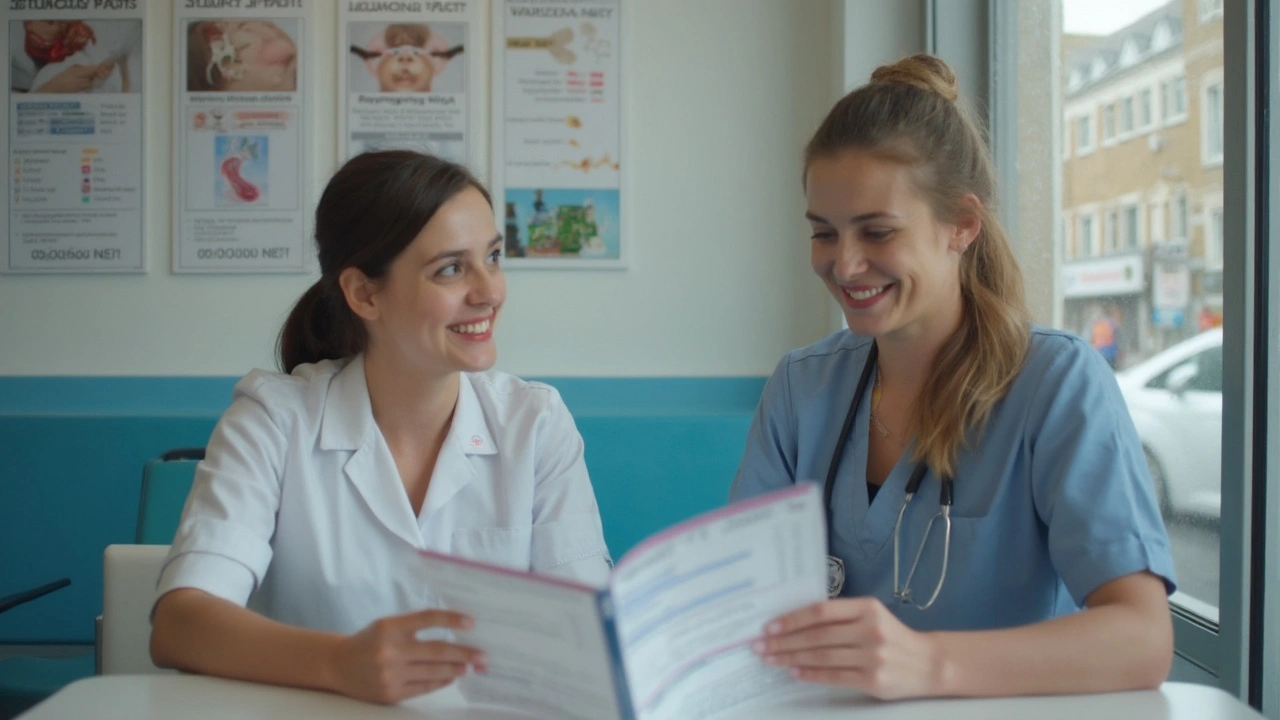Sydney allergies: simple ways to feel better fast
Sydney allergies hit hard when pollen, dust and mould spike. If you live here, you know the seasons: spring grass pollen and late winter mould make noses run and eyes sting. This page gives clear, practical steps you can use in Sydney right now — tracking triggers, picking medicines, and when to see a doctor.
Know the local triggers
Sydney’s main allergy triggers are grass pollen, tree pollen, mould and dust mites. Grass pollen peaks in spring and early summer, especially after warm dry days. Tree pollen shows up in late winter to spring. Mould increases during wet spells and in damp houses. Dust mites live in bedding and carpets year-round. Check local pollen forecasts from the Bureau of Meteorology or NSW health alerts to know when levels are high.
Quick fixes you can do today
Start with simple home actions: keep windows closed on high pollen days and run air conditioning with a clean filter. Shower and change clothes after being outside to wash off pollen. Use a damp cloth to wipe surfaces instead of dry dusting. Wash bedding weekly in hot water to kill dust mites. Reduce indoor mould by fixing leaks and using a dehumidifier in damp rooms.
Choose effective over-the-counter meds: non-drowsy antihistamines like cetirizine or loratadine work for sneezing and itch. For blocked noses, a nasal steroid spray such as fluticasone reduces inflammation but needs a few days to reach full effect. Eye drops with antihistamine can calm itchy, red eyes fast. If you’re not sure what to pick, ask your pharmacist — they can match symptoms to products and warn about interactions with other medicines.
Timing matters. If you get year-to-year hay fever, start daily antihistamines a week before pollen season for better control. For sudden severe reactions — trouble breathing, swelling, faintness — treat as an emergency and call 000 immediately. For bad but non-life-threatening symptoms, book a GP visit. They can check for sinus infection, adjust treatment, or refer you to an allergist for testing.
Allergy testing and long-term fixes
If meds only help a bit, allergy testing can find the exact triggers. Skin prick tests or blood tests are common. An allergist may suggest immunotherapy (allergy shots or tablets) which changes how your immune system reacts and can cut symptoms over years. This is a real option for people who want fewer meds and better control long-term.
Tips for kids and pets
Children often need tailored plans. Keep play areas free of dusty toys and wash soft toys regularly. If pets trigger allergies, keep them out of bedrooms and bathe them weekly if possible. Talk to your GP about safe medicines and dosages for kids.
Need local help? Your GP, local pharmacies across Sydney, and NSW health resources are good starting points. Small changes at home plus the right medicines usually cut symptoms a lot. If you want personalized steps, an appointment with an allergist will map a plan that fits your life.
Bookmark this page for seasonal tips and check updates before travel or big outdoor events.
Stay ahead of symptoms.
Allergy Testing and Diagnosis: Step-by-Step Guide for Australians
Wondering what happens during allergy testing and how to get ready? This detailed guide covers the most accurate types of tests, breaks down each step, and shares real prep tips for people living in Australia. Expect relatable advice, honest insights, and up-to-date stats to help you feel confident before your allergy appointment. No fluff, just facts and clear directions for getting the right diagnosis. Perfect for anyone navigating frustrating sneezes, rashes, or food reactions.

